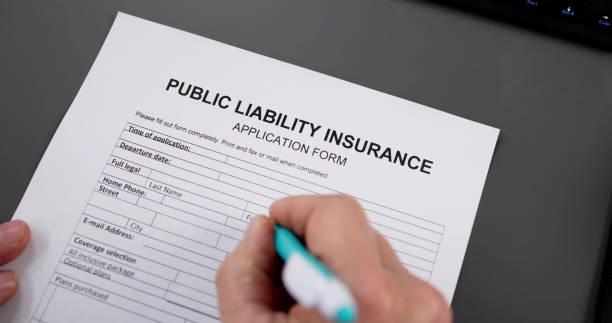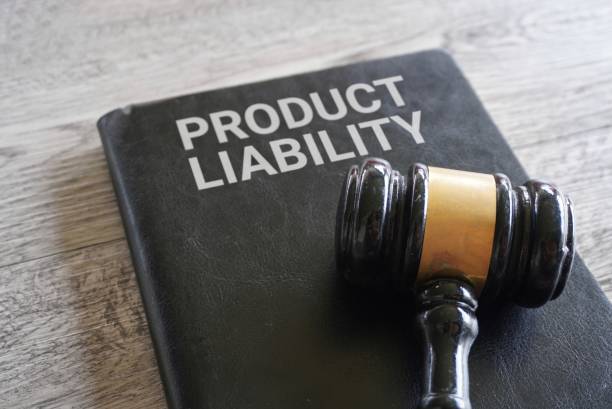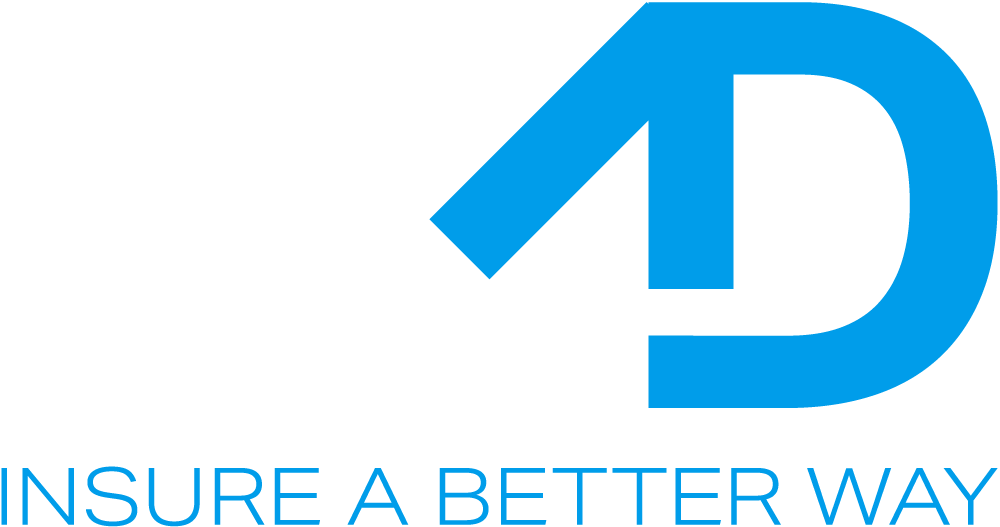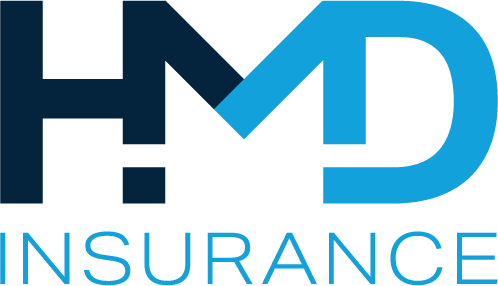
When it comes to protecting your business, understanding the differences between public liability insurance and third-party liability insurance is important. Both types of insurance help cover costs if someone is injured or their property is damaged because of your business activities.
However, they serve different purposes and have different coverage options. In this blog post, we will explore what each type of insurance covers, who needs it, and how to choose the right one for your needs.
What is Public Liability Insurance?

Public liability insurance is a type of insurance policy that protects businesses from claims made by third parties for injury or property damage that occurs as a result of the business’s operations. This insurance is essential for businesses that interact with the public, as it provides coverage for legal fees, medical expenses, and compensation claims. In essence, public liability insurance protects your business against the financial implications of negligence that might occur on your premises or as a result of your business activities
Various types of businesses benefit from public liability insurance. Companies that operate in sectors such as retail, hospitality, and construction frequently encounter situations where third parties could be injured or experience property damage. For example, if a customer slips and falls in a store or if a contractor accidentally damages a client’s property during a project, these incidents could lead to costly claims. Thus, public liability insurance is not just a legal requirement in many cases; it is a vital component of any comprehensive business insurance strategy.
Common Coverage Areas in Public Liability Insurance
Public liability insurance covers a range of incidents, including personal injury claims and property damage. If a visitor suffers an injury while at your business premises or if your business operations inadvertently cause damage to someone else’s property, this insurance may cover the associated costs. Additionally, public liability insurance policies often include coverage for legal defence costs, which can be substantial, even for claims that may ultimately be dismissed. Understanding what public liability insurance covers is crucial for ensuring that your business is adequately protected.
What is third-party liability insurance?

Third-party liability insurance is a broader category of insurance that encompasses various forms of coverage for liabilities incurred by third parties. This type of insurance is specifically designed to cover claims made by individuals or entities that are not part of the insurance contract but are affected by the actions of the insured party. It provides essential protection against claims for damages or injuries that arise due to the insured’s negligence or failure to uphold their duty of care.
Third-party liability insurance is designed to protect businesses from claims made by third parties, which can include customers, suppliers, or even bystanders. The coverage is particularly important for businesses that engage in activities where interactions with the public are frequent. If a third party suffers an injury or experiences property damage due to the actions of your business, this insurance will typically cover the legal liabilities that arise from those incidents.
Key features of third-party liability insurance include coverage for legal fees, compensation payments, and medical expenses related to personal injury claims. This insurance protects businesses from the financial strain that can result from lawsuits or claims made by third parties. Additionally, it may offer coverage for various scenarios, including contractual liabilities, environmental liabilities, and more, depending on the specific terms of the insurance policy. Understanding these features is vital for businesses seeking to protect themselves adequately.
What is the Difference Between Public Liability and Third-Party Liability Insurance?
The difference between public liability and third-party liability insurance can often be subtle yet significant. Public liability insurance primarily focuses on protecting businesses from claims made by the public for personal injury or property damage. In contrast, third-party liability insurance encompasses a broader range of liabilities and may include coverage for professional indemnity, product liability, and other forms of liability that can arise from business operations. Understanding these differences between public liability insurance is crucial for selecting the right coverage for your specific needs.
Both public liability and third-party liability insurance come with specific exclusions that businesses must be aware of. Common exclusions may include intentional acts, contractual liabilities, and certain types of professional negligence. For instance, while public liability insurance covers injuries that occur on your premises, it may not extend to claims arising from professional services provided by your business. Understanding these exclusions can help businesses avoid unexpected liabilities and ensure proper coverage.
When to Choose Public Liability Over third-party Liability
Choosing between public liability insurance and third-party liability insurance often depends on the nature of your business and the specific risks involved. If your business interacts frequently with the public, such as in retail or hospitality, public liability insurance may be more beneficial. However, if your business involves providing professional services, you may need third-party liability insurance to cover the risks associated with those services. Consulting with an insurance broker can provide tailored advice on the best insurance policies for your business needs.
How Does Product Liability Insurance Fit Into This Comparison?

Product liability insurance is a specialised form of insurance that protects businesses against claims arising from injuries or damages caused by their products. This type of insurance is essential for manufacturers, distributors, and retailers, as it provides coverage for legal costs and compensation related to product-related incidents. If a consumer is injured or suffers property damage due to a defect in a product, product liability insurance can help mitigate the financial impact on the business.
The key differences between public liability and products liability insurance lie in the coverage scope. While public liability insurance covers general incidents that occur in the course of business operations, products liability insurance specifically addresses claims related to products sold or distributed by the company. Understanding these distinctions is crucial for businesses that sell physical goods, as they may require both types of liability insurance for comprehensive protection.
Liabilities Associated with Product Sales
Liabilities associated with product sales can be significant, especially in industries such as food and beverage, electronics, and consumer goods. If a product sold by a business causes injury or property damage, the business may be held liable for those claims. Product liability insurance protects businesses by covering legal costs, settlements, and damages awarded to consumers. Without this insurance, businesses risk facing overwhelming financial burdens that could jeopardise their operations.
Why Should Businesses Consider Both Insurance Types?
Both public liability insurance and third-party liability insurance are crucial components of a well-rounded business insurance strategy. These types of insurance provide essential coverage against personal injury claims, property damage, and liabilities that could arise from business activities, making them invaluable for safeguarding your financial future.
Protecting against personal injury and property damage is of utmost importance for any business. The potential costs associated with claims can be astronomical, especially in cases involving severe injuries or extensive property damage. By investing in both public liability and third-party liability insurance, businesses can ensure that they are prepared for any claims that may arise, protecting their assets and ensuring continuity of operations.
Consulting an Insurance Broker for Tailored Advice
Consulting an insurance broker is a wise decision for any business looking to navigate the complexities of insurance policies. An experienced broker can provide insights into the specific coverage options available, helping businesses understand the differences between public liability and third-party liability insurance. This tailored advice ensures that businesses can select the most appropriate insurance products to protect their interests and mitigate potential risks effectively.
Conclusion
Public liability insurance and third-party liability insurance both protect against claims made by others, but they serve different purposes. Public liability insurance covers claims from the public for injuries or damages that happen on your property or due to your business activities. On the other hand, third-party liability insurance typically covers claims related to damage caused by your products or services. Understanding these differences can help you choose the right coverage for your needs and ensure you are protected in various situations.
Frequently Asked Questions:
What are the types of business insurance that I should consider?
There are several types of business insurance, including public liability insurance, third-party liability insurance, and professional indemnity insurance. Each type offers different liability coverage based on the risks associated with your business activities.
What’s the difference between public liability insurance and professional indemnity insurance?
Public liability insurance covers claims made by a member of the public for bodily injury or property damage caused by your business activities. In contrast, professional indemnity insurance is needed when you provide professional advice or services and protects against claims of negligence or mistakes.
How do public liability and products liability work together?
Public liability covers injuries or damages to a member of the public due to your business activities, while products liability covers claims related to injuries or damages caused by products you sell. Both can be included in a comprehensive insurance policy for better protection.
What does third-party liability insurance coverage include?
Third-party liability insurance coverage typically includes protection against claims made by individuals who are not part of your business, such as customers or clients, for bodily injury or property damage caused by your operations.
Why should I read the product disclosure statement before choosing an insurance policy?
The product disclosure statement provides detailed information about the insurance cover, including what is included and excluded in the policy. This helps you make an informed decision about which type of business insurance is right for you.
Can an insurer refuse to pay a claim under my public liability policy?
Yes, an insurer can refuse to pay a claim if it falls outside the terms of your public liability policy or if you’re liable for damages that are not covered by your specific insurance cover.
Do I need both public liability and professional indemnity insurance?
It depends on your business activities. If you provide professional advice or services, you may need professional indemnity insurance in addition to public liability to fully protect yourself against potential claims.
How can I ensure that I have adequate liability coverage?
To ensure adequate liability coverage, assess your business risks and consult with an insurer or a professional advisor who can help you understand your needs and recommend appropriate types of business insurance.
What should I do if I have questions about my insurance policies?
If you have questions about your insurance policies, it’s best to seek general advice from your insurer or a qualified professional who can clarify any doubts and help you understand your coverage options.
Is life insurance included in public liability and products liability cover?
No, life insurance is separate from public liability and products liability cover. These types of business insurance focus on protecting against claims related to bodily injury and property damage rather than personal life coverage.





